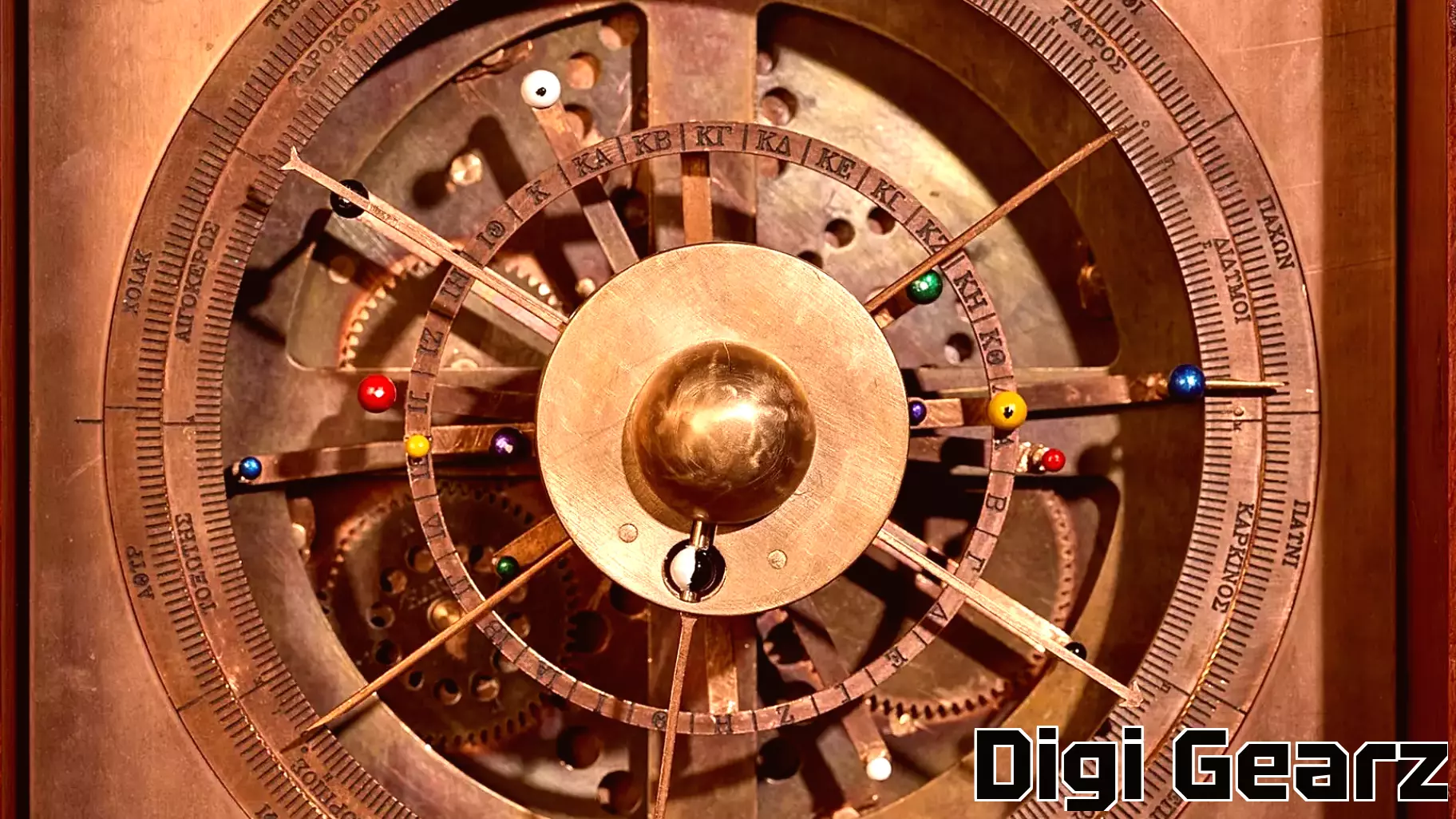Ancient Discovery: The World’s First Computer Found in a Sunken Roman Ship
April 16, 2025 - 19:58

In a remarkable turn of events, divers searching for sponges in the Aegean Sea have uncovered an extraordinary artifact from a sunken Roman ship. This peculiar object, filled with intricate gears and mechanisms, has left historians and scientists alike in awe, challenging long-held beliefs about ancient technology.
The discovery is believed to be over 2,000 years old, predating modern computing by centuries. The device, known as the Antikythera Mechanism, is thought to have been used for astronomical calculations, showcasing the advanced understanding of mathematics and engineering possessed by the ancient Greeks.
Experts are still unraveling the complexities of this ancient machine, which is often referred to as the world's first computer. The precision of its gears and the sophistication of its design suggest that the Greeks had achieved remarkable technological advancements that were previously thought to be impossible for that era.
As researchers continue to study this fascinating artifact, it raises new questions about the capabilities and knowledge of ancient civilizations, illuminating a rich history that remains largely unexplored.
MORE NEWS

February 28, 2026 - 09:34
Trump orders federal agencies to stop using Anthropic AI in dispute over safetyA directive from the Trump administration has mandated all U.S. federal agencies to immediately cease using artificial intelligence technology developed by Anthropic. The order, which also includes...

February 27, 2026 - 19:09
How DNA technology identified baby found in Columbus County landfill in 1979In a stunning resolution to a case that haunted Columbus County for nearly half a century, advanced DNA technology has finally identified an infant found in a local landfill in 1979 and led to the...

February 27, 2026 - 13:12
Tennessee House hearing highlights impaired driving concerns, TBI technology modernizationA recent hearing before Tennessee House lawmakers placed a dual spotlight on the ongoing battle against impaired driving and the critical need to modernize the state`s forensic capabilities....

February 26, 2026 - 22:21
American Landmark names chief innovation and technology officerAmerican Landmark, a prominent owner-operator with a focus on Sun Belt multifamily communities, has announced a key strategic appointment. The company has named Adam Smolyar as its first Chief...